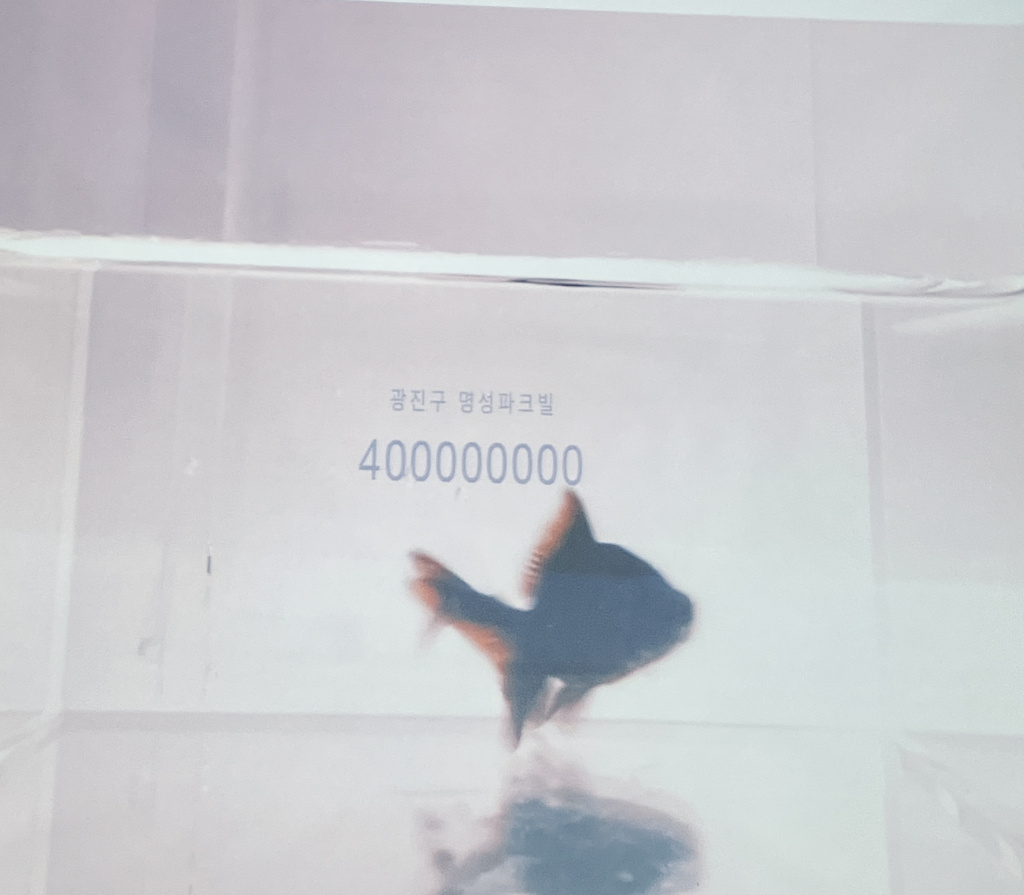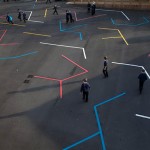http://youtu.be/xX4XN-9wjf4 And the not-so-little girl did it again - fortunately I got this little gem…
The panel that drowned
On Words, Data, and the Absence of Breath
ISEA2025 | Panel Reflection

If I never attend another panel discussion again, I’ll live. And not because I don’t believe in dialogue—quite the opposite. I came to this session hungry for it. After all, the panel format promises a lot: multiplicity, friction, a range of voices in genuine engagement. But what I encountered today felt more like a sequence of disconnected monologues jammed into a rigid format, time-choked and oddly void of true listening.
It began, as these things often do, with a rattling off of credentials. One by one, the speakers were introduced: important, accomplished, deeply invested in the art world. The introduction was less a welcome than a résumé recital. It set the tone for a session where authority was invoked rather than questioned, and where every speaker seemed to speak at the room, rather than with it.
The first speaker offered potentially rich material: artistic engagements with data, attention to outliers, abnormalities, and the overlooked. But her delivery—fast, flat, read directly from a laptop—made it nearly impossible to connect. No breath, no pause, no space to absorb or question. A striking image of a Chinese building in snow was shown, with people gazing at it. What it meant in the context of the talk was never explained. The audience, unsure if she was finished, offered no applause. That silence said more than any slide.
The second speaker continued in similar fashion. I tried. I really did. But I found her English difficult to follow, and her pacing left little room for engagement. The content? Artistic methods that highlight the hidden signals in environmental data, the way storytelling reveals some knowledges while obscuring others. Important points—rushed through so quickly they barely landed. I found myself drifting, not from disinterest, but from sheer fatigue.
Then came a flicker of energy: references to data bias, the invisibility of missing datasets, and how generative AI reinforces systemic exclusion. For a moment, I perked up. “You’re going to love this,” I scribbled in my notes. And I did. But again, it was over before it could breathe. So much potential—crammed into bullet points with no time to unfold.
The third and final speaker brought a shift: a man discussing collective approaches to ocean data. He spoke of memory machines, ecopoetics, and environmental sensing. His language was beautiful, but again overloaded. Near the end, in one frantic minute, he accelerated into a breathless blur: aeons of data, ownership issues, incommensurability of tech and indigenous knowledges—all compressed into a final flurry of urgency. It was like trying to hear a whale sing through the roar of cargo ships. Fitting, perhaps.
And then he did something unexpected: he spoke of indigenous knowledge. Finally. But so late. So brief. Almost like a guilty postscript to a data-saturated discussion. It felt less like integration and more like an afterthought—acknowledgement without real structural inclusion.
There was no time for questions.
Here’s what I take away: we have the tools, the data, the artistic will. But we desperately lack formats that allow for slowness, depth, breath. Panel discussions like this—dense, rushed, overpopulated—don’t foster dialogue, they simulate it. What we need are spaces that hold contradiction, uncertainty, and yes, even silence.
Today I watched the potential for shared insight drown in information.
Tomorrow, we do better.
| « I wish … | <-- previous post | next post --> | Presentation: thoughts » |
|---|







